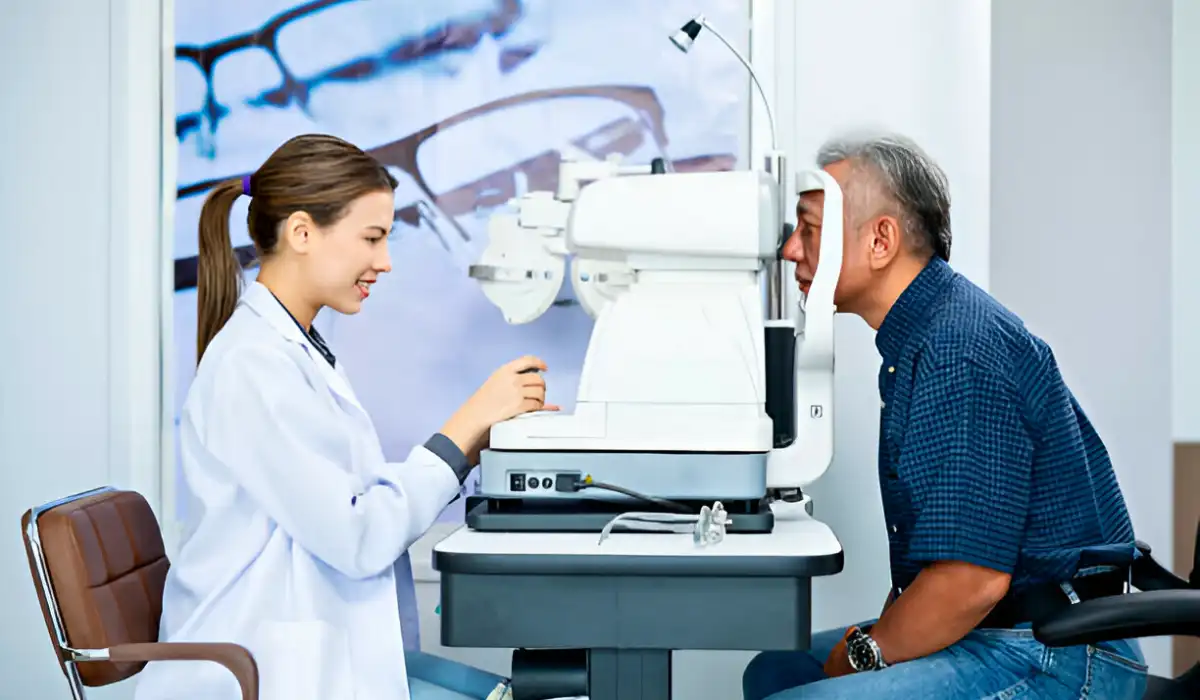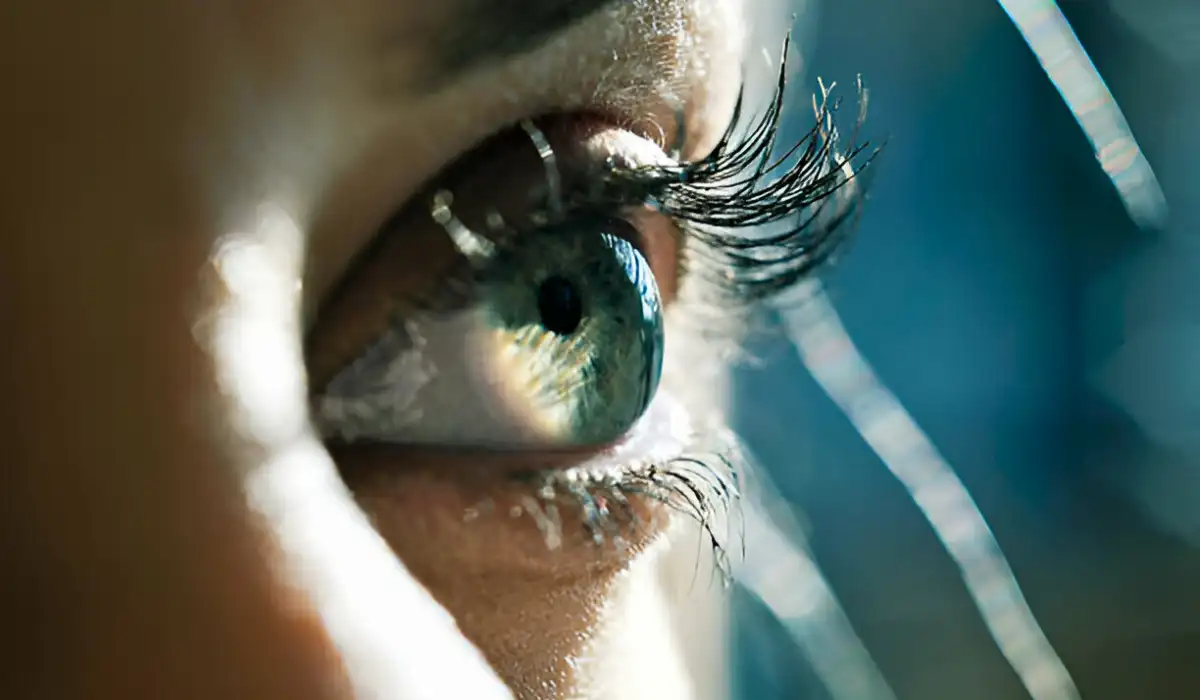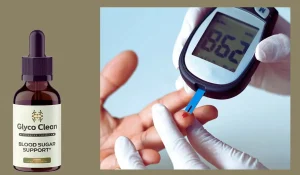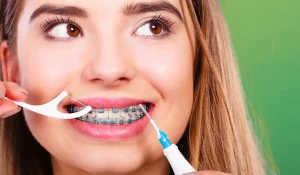Vision is one of the most important abilities that we humans have. It can help us to perceive the qualities of an object such as its color, luminosity, shape, and size. The clarity and acuity of our visual perception are called eyesight.
Having good eyesight means that you can see clearly without impairment. We all know that the 20/20 vision is good eyesight to have. But did you know that it is not the best a human can have? In this article, we will discover, what exactly is 20/20 vision and what is the best possible eyesight a human can have.
What Is 20/20 Vision?
Many people consider 20/20 vision, or 6/6 vision (the metric units of distance) as the best eyesight to have, but it cannot be farther from the truth.
In fact, 20/20 vision means that the person can see what an average person can see on an eye chart when standing 20 feet away. Let’s break down the numbers to have a better understanding of what the 20/20 vision means.

The first 20 represents the distance in feet between you and the eyechart. The second 20 indicates the line of the chart you can read. If the second number is larger, like 20/40, this means that your vision is worse than average, you can read at 20 feet what a person with normal vision can at a 40-foot distance.
Though a 20/20 vision is considered a good eyesight it is not the perfect vision to have. It is entirely possible to have sharper eyesight than what an average person can see.
What is the best eyesight possible?
The best human vision ever recorded is 20/10 vision. This means that a person with 20/10 vision can see an object clearly from a distance of 20 feet, while an average person can see the same object clearly from only 10 feet away. This level of visual acuity is considered superior to the standard 20/20 vision, which is often considered to as perfect vision.
Having superior eyesight can be an added advantage in many professions that require constant alertness and quick response such as airline pilots, professional athletes, Air Force personnel, firefighters, and lifeguards. However, you only need a 20/20 vision to get into these professions.
Having a 20/10 vision is extremely rare and a greater visual acuity than 20/10 is almost impossible. According to the data available, only 1% of people worldwide have the best possible eyesight. Though correcting your eyesight to 20/10 is almost impractical, you can come close if you already have good eyesight. Some ways to improve your eyesight include:
- Surgery: Surgical eyesight correction procedures such as LASIK eye surgery can result in 20/20 vision or better in many patients.
- Brain training: There are several eye exercises and brain training you can do to improve your eyesight. It works by training the eye and various areas of the brain that support vision.
- Corrective lenses: With advancements in technology, manufacturers are now able to make precise lenses that can precisely fit the patient’s needs. While the corrective lenses cannot give you 20/10 vision, many people have reported experiencing better vision than average.
How to take care of your eye health?
More than being concerned about not having a superior vision, it is important to take care of your eyes to preserve the vision you have. Maintaining healthy practices that support the functioning of the eyes can significantly reduce the risk of vision loss. Here are some effective ways to care for your eyes:
- Eat a healthy, balanced diet: Include plenty of fruits, and vegetables such as leafy greens, carrots, and citrus fruits in your diet. Fish such as tuna, mackerel, and salmon that contain omega-3 fatty acids are also beneficial for eye health.
- Maintain healthy blood glucose levels: High glucose levels in the body caused by diabetes can result in eye complications such as glaucoma and diabetic retinopathy.
- Avoid sunlight exposure: Protect your eyes from sunlight by using shades or wearing a hat. It can reduce the risk of cataracts and age-related macular degeneration.
- Say no to smoking: In addition to the risk of developing cancer, heart disease, and lung disorders, smoking can also increase the risk of age-related eye diseases. Avoid smoking at all costs and remove yourself from smoking rooms to avoid secondhand smoke exposure.
- Don’t forget to blink: It is a known fact that we all forget to blink when using devices such as computers and smartphones. Keep yourself reminded to blink once in a while to reduce eyestrain.
Conclusion
Though 20/20 vision is generally considered as the perfect vision. You can have a better vision than that. The best human vision ever recorded was 20/10, anything better than that is almost impossible for humans to achieve.
Though being born with superior eyesight is extremely rare, there are some things you can do to improve your existing vision including wearing precision-made corrective lenses, brain and eyes training, LASIK surgery, etc.
More than focusing on getting superior eyesight, it is more important to take care of the health of your eye, to reduce the risk of vision loss. Implementing a healthy diet, maintaining blood glucose levels, avoiding the sun, and reducing eyestrain by not forgetting to blink can all help to maintain healthy eyesight.







